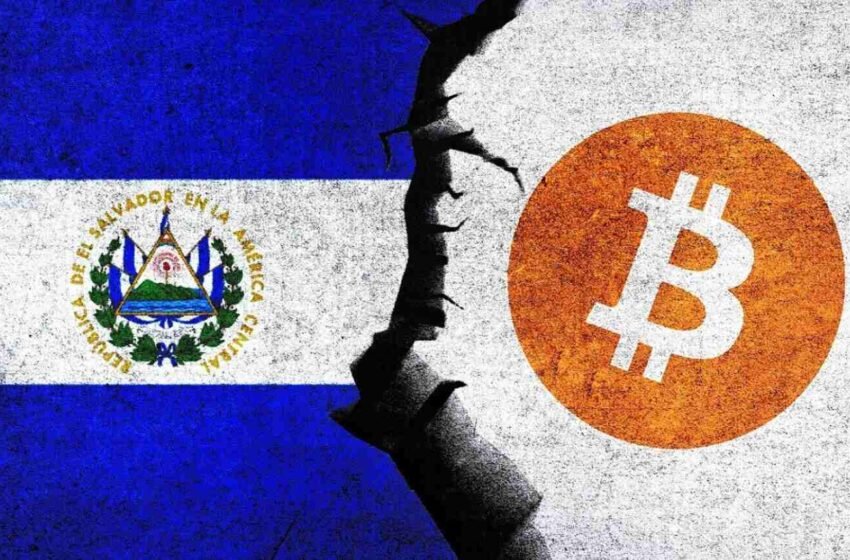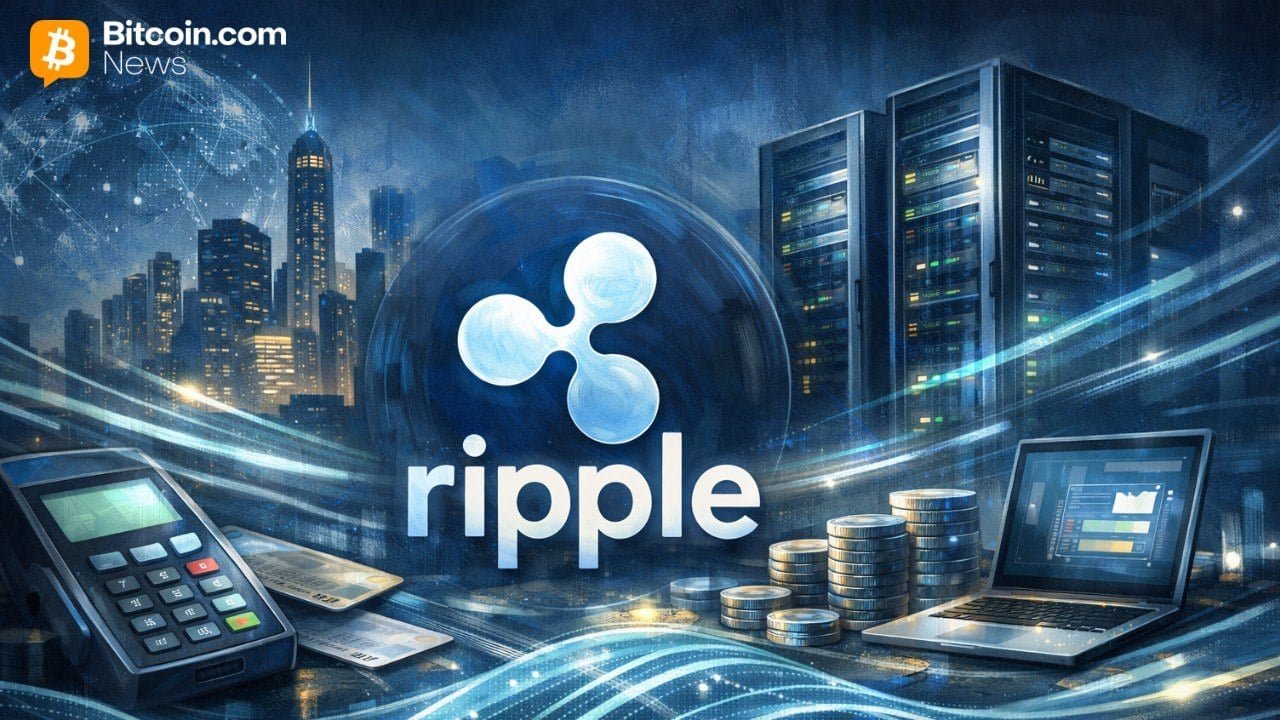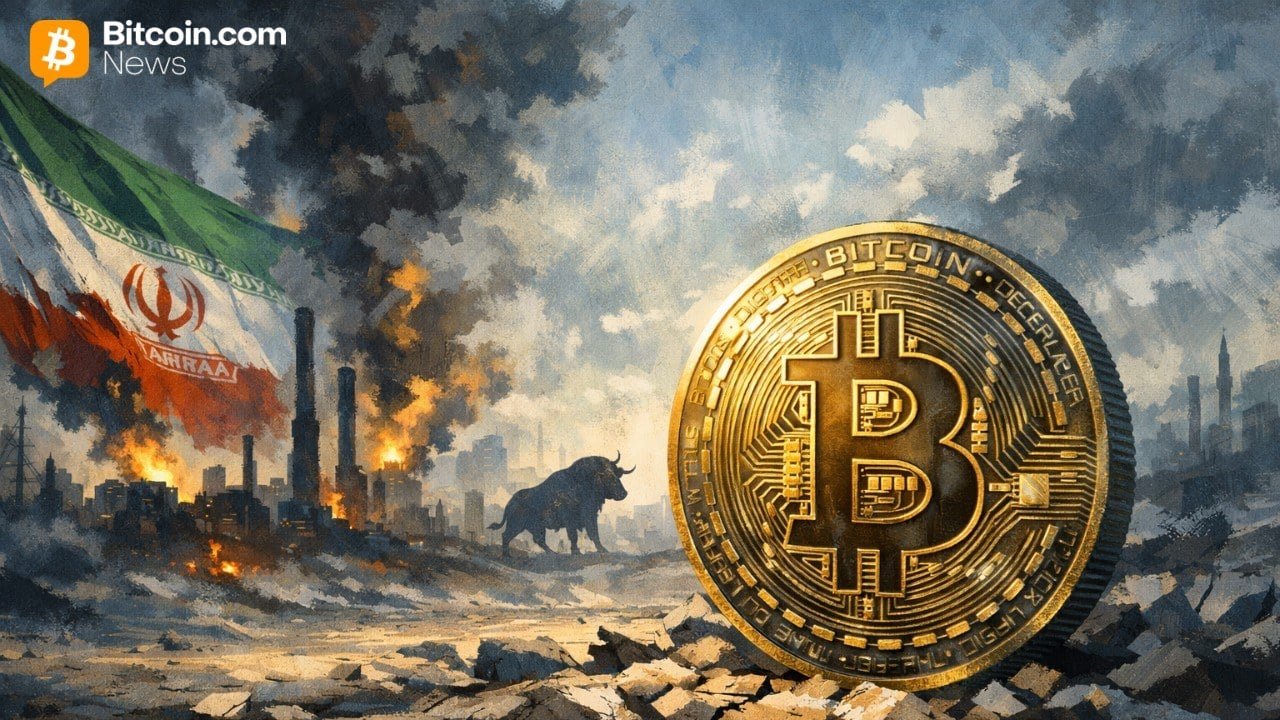Morgan Stanley Maintains Bullish US Stock Outlook Despite Iran Conflict
El Salvador’s Bitcoin Ownership Under Scrutiny
(Originally posted on : Crypto News – iGaming.org )
The provenance of the Bitcoin that President Nayib Bukele moved to a cold wallet is under question in light of recent disclosures in a report by Moises Alvarado, as reported by local Salvadoran media. Due to its purported connection to the global cryptocurrency exchange Bitfinex, the transfer of 5,690 BTC to El Salvador’s treasury—dubbed the “piggy bank” wallet—is currently being investigated.
According to Alvarado’s study, addresses connected to Bitfinex may be used to track down 80% of the Bitcoin that was sent into El Salvador’s treasury. With the strong connections between the Salvadoran government and the previously stated exchange, this begs the question of who really owns these bitcoin holdings.
The report reveals that the 4,569 BTC deposited in El Salvador’s cold wallet arrived in five separate transactions over March 13 and 14. Moreover, an additional 1,121 BTC originated from the hot wallet within the Chivo Wallet ecosystem, further complicating the ownership narrative.
Potential Consequences and Economic Ramifications
Alvarado issues a warning, speculating that this transfer would have unfavorable outcomes that might defund Chivo Wallet and unintentionally harm residents who had bitcoin stored in the wallet. The lack of clarity on the source and ownership of the BTC that was exchanged raises concerns.
El Salvadorian economist Rafael Lemus highlights the difficulty in confirming the ownership of the transferred Bitcoin, echoing Alvarado’s worries. Lemus draws attention to the uncertainty surrounding whether the 5,000 bitcoins actually belong to the Salvadoran government, especially in light of the sizeable percentage that came via Bitfinex.
New players only. Exclusive Welcome Bonus of 177% + 77 Free Spins
President Bukele is unwavering in his dedication to Bitcoin investments in the light of these disclosures. Recently, he declared that El Salvador would keep buying one Bitcoin every day until fiat currencies could no longer be supported.
The openness and accountability behind El Salvador’s Bitcoin investments come under more scrutiny as the investigation gets more intense and as doubts remain. The paper emphasizes how complicated and dangerous it may be to combine national treasuries with erratic bitcoin markets.







 Bitcoin
Bitcoin  Ethereum
Ethereum  Tether
Tether  XRP
XRP  USDC
USDC  Solana
Solana  TRON
TRON  Figure Heloc
Figure Heloc  Lido Staked Ether
Lido Staked Ether  Dogecoin
Dogecoin  WhiteBIT Coin
WhiteBIT Coin  USDS
USDS  Cardano
Cardano  Bitcoin Cash
Bitcoin Cash  LEO Token
LEO Token  Wrapped stETH
Wrapped stETH  Hyperliquid
Hyperliquid  Monero
Monero  Wrapped Bitcoin
Wrapped Bitcoin  Chainlink
Chainlink  Binance Bridged USDT (BNB Smart Chain)
Binance Bridged USDT (BNB Smart Chain)  Ethena USDe
Ethena USDe  Canton
Canton  Stellar
Stellar  USD1
USD1  Wrapped eETH
Wrapped eETH  Rain
Rain  Dai
Dai  sUSDS
sUSDS  Litecoin
Litecoin  PayPal USD
PayPal USD  Hedera
Hedera  Coinbase Wrapped BTC
Coinbase Wrapped BTC  Avalanche
Avalanche  Zcash
Zcash  Sui
Sui  WETH
WETH  Shiba Inu
Shiba Inu  Cronos
Cronos  Toncoin
Toncoin  USDT0
USDT0  World Liberty Financial
World Liberty Financial  Tether Gold
Tether Gold  Polkadot
Polkadot  PAX Gold
PAX Gold  MemeCore
MemeCore  Uniswap
Uniswap  Mantle
Mantle  Ethena Staked USDe
Ethena Staked USDe  BlackRock USD Institutional Digital Liquidity Fund
BlackRock USD Institutional Digital Liquidity Fund  Circle USYC
Circle USYC  Global Dollar
Global Dollar  NEAR Protocol
NEAR Protocol  Bittensor
Bittensor  Falcon USD
Falcon USD  Aster
Aster  Aave
Aave  Sky
Sky  Pi Network
Pi Network  syrupUSDC
syrupUSDC  OKB
OKB  Ripple USD
Ripple USD  Bitget Token
Bitget Token  Pepe
Pepe  HTX DAO
HTX DAO  Internet Computer
Internet Computer  Ethereum Classic
Ethereum Classic  BFUSD
BFUSD  Ondo
Ondo  Superstate Short Duration U.S. Government Securities Fund (USTB)
Superstate Short Duration U.S. Government Securities Fund (USTB)  Gate
Gate  Worldcoin
Worldcoin  Pump.fun
Pump.fun  POL (ex-MATIC)
POL (ex-MATIC)  KuCoin
KuCoin  Jupiter Perpetuals Liquidity Provider Token
Jupiter Perpetuals Liquidity Provider Token  Midnight
Midnight  Ondo US Dollar Yield
Ondo US Dollar Yield  Ethena
Ethena  Quant
Quant  Cosmos Hub
Cosmos Hub  Jito Staked SOL
Jito Staked SOL  NEXO
NEXO  USDtb
USDtb  Binance-Peg WETH
Binance-Peg WETH  Spiko EU T-Bills Money Market Fund
Spiko EU T-Bills Money Market Fund  Rocket Pool ETH
Rocket Pool ETH  Official Trump
Official Trump  Binance Bridged USDC (BNB Smart Chain)
Binance Bridged USDC (BNB Smart Chain)  Aptos
Aptos  Algorand
Algorand  Wrapped BNB
Wrapped BNB  Filecoin
Filecoin